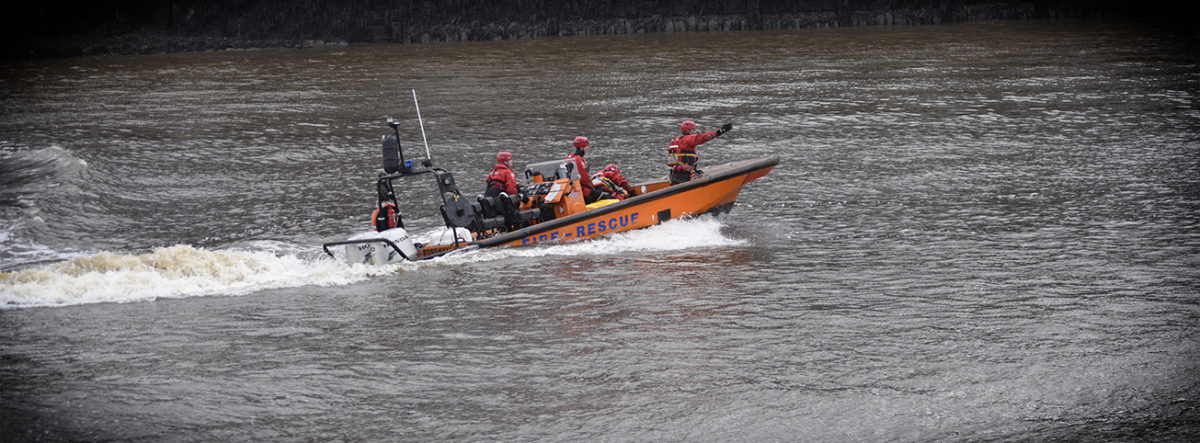Around 250 people drown in the UK every year and thousands more suffer injury, some life changing, through near-drowning experiences.
Many of those who drown just happen to be near water – such as runners, walkers and anglers. According to the Water Incident Database, over two thirds of them are men.
Safety near open water
We advise people, particularly children and teenagers, not to swim anywhere other than in purpose-built and supervised swimming pools.
Don’t be tempted to cool off in open water when the sun’s out. Entering rivers, canals, ponds, quarries and lakes can have deadly consequences.
Water that feels warm on the surface can still cause cold water shock, which seriously affects your breathing, heart rate, blood pressure and muscles. This makes you more likely to inhale water directly into the lungs and it can cause heart attacks, even if you’re young and healthy.
Find out more about cold water shock on the RNLI website.
Water can also look calm on the surface but hidden undercurrents can pull strong swimmers under, and there could be submerged debris that could injure you.
Watch Firefighter Tommy Richardson explain the dangers of swimming in open water:
- Stick to proper pathways
- Avoid walking or running near water in the dark
- Don’t walk or run next to water if levels are high
- Look out for trip or slip hazards – pay attention to your footing
- When running or walking next to water, stay clear of the edges
- Wear a lifejacket
- Take a fully charged mobile phone
- Make sure you let someone know where you are going to fish and what time you are likely to return
- Double check your fishing spot. Is it safe? Riverbanks can erode and just because it was safe yesterday doesn’t mean it is today
- Coastal and sea fishing is particularly high risk – make sure you know your spot is safe and you won’t get cut off by the tide
- Don’t let a night out end in tragedy – take a safe route home away from water
- Avoid walking near water even if the path is lit – it’s easy to miss trip hazards or even the water’s edge
- Stay with your group and don’t wander off
- Keep an eye on any friends who are worse for wear and help them home
- Make sure you store a taxi number in your phone and some emergency money at home so you can pay – if it’s at home you can’t lose it or accidentally spend it
- Don’t lean into water to try and lift your dog out – you could topple in
- Never enter the water to try and save a dog – they usually manage to scramble out
- If your dog loves the water, keep it on a lead to prevent it jumping into hazardous or unsafe areas
- Remember wet riverbanks, steep edges or jagged rocks can make it hard for dogs to scramble out and they are slip risks for owners
- Even dogs that like swimming can usually only swim for short bursts – keep an eye on your dog and don’t let it enter the water if it’s older or tired
- If your dog has struggled in the water it may have inhaled water and should see a vet – dogs can drown after the event if water has entered the lungs
If you fall into water
Fight your instinct to swim straight away. Instead, float on your back and try to breathe normally.
The initial effects of cold water normally pass in less than a minute, so wait until you’ve caught your breath before trying to swim to safety or call for help.
If you see someone in danger in the water
Don’t go in. Call 999 straight away and keep your eyes on the person in the water.
If you can see a life ring or throw bag, throw it to them. If there isn’t one nearby, look for something else that might help them float – like a football.
If they go under the water, use something like a piece of clothing to mark on the water’s edge where you last saw them.
Shout calm, clear instructions. If they’re able to swim, direct them towards safety. If they’re panicking, tell them to float.
Throw bag training
We were one of the first fire and rescue services to offer free throw bag training for staff at venues by the water.
This training has helped bar staff based on Gateshead Quayside to save the lives of people who have fallen into the River Tyne.



